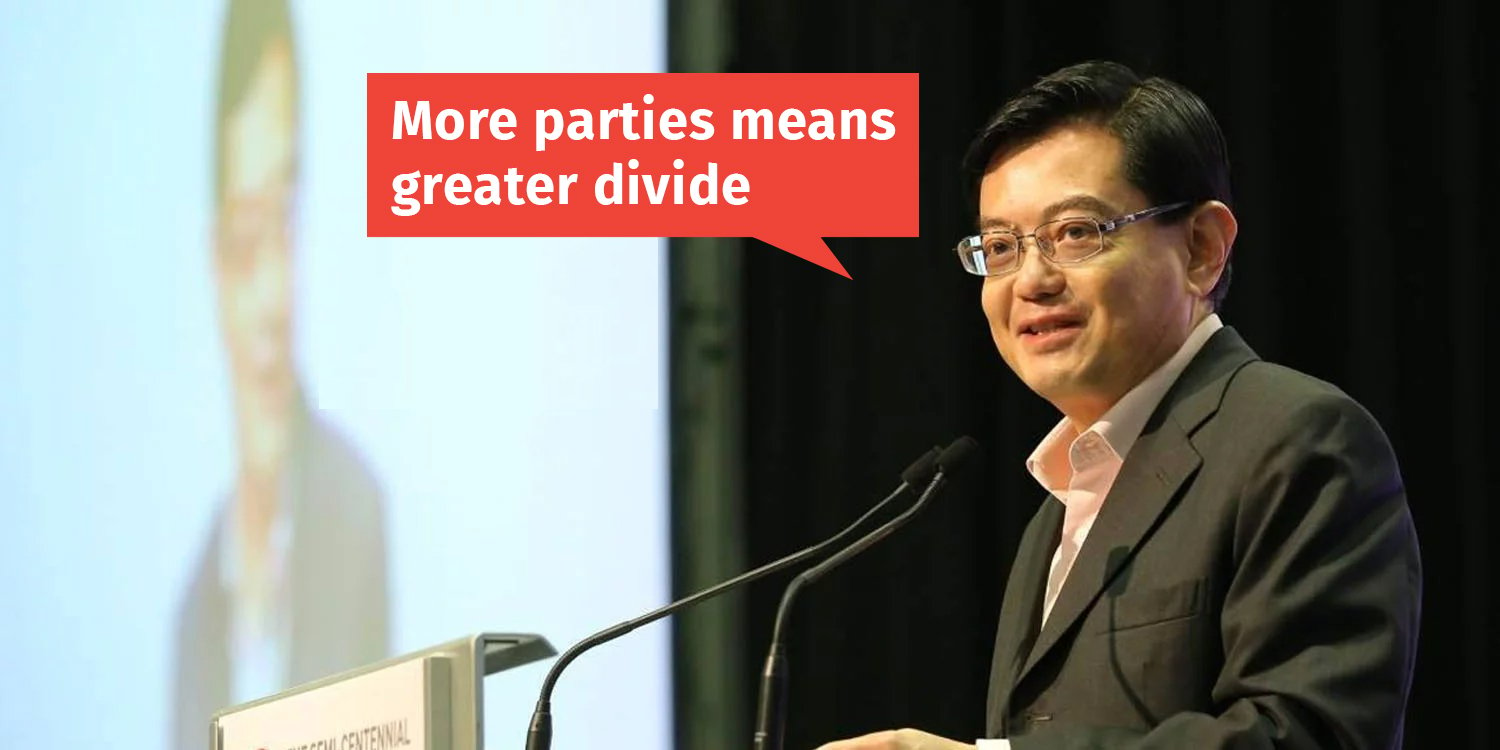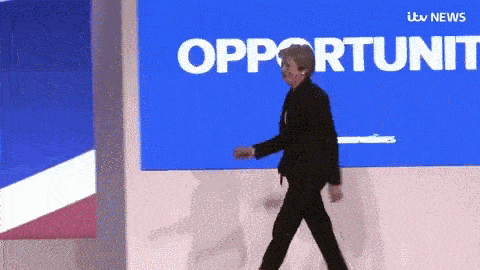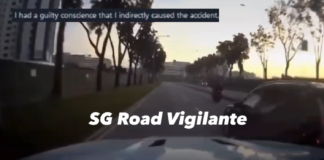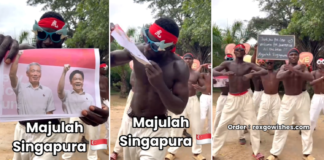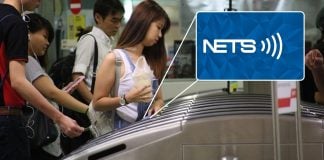DPM Heng Acknowledges The Concern For Greater Opposition
In his first media interview since assuming the role of Deputy Prime Minister (DPM), Mr Heng Swee Keat was asked what he thought about the increasing rhetoric among some of young Singaporeans for greater opposition.
The minister responded that he understands why many would feel this way, having been exposed to Western politics and political articles.
Indeed, many Western media outlets have criticised Singapore for, among other things, being authoritarian. They believe that our ruling party, the People’s Action Party (PAP), holds too much power.
Having more opposition parties isn’t always good
But Mr Heng implores those advocating a more equal distribution of political power to look at countries like the US and UK.
In the US, you’ve got the Democrats and the Republicans bickering to no end. And when nothing can be agreed on, the government goes into shutdown, the economy takes a hit and people go out of jobs.
In the UK, the Conservative and the Labour party argue over the terms for Brexit and never come to any conclusion. As a result, many parliamentary sessions are spent asserting and re-asserting those same uncompromising terms, instead of discussing other important national matters.
The point is, having 2 parties with almost equal power and different beliefs means running into a deadlock some time or another. Nothing gets solved, nothing moves forward.
Include views instead of introducing new parties
Maybe you’re asking, if not more opposition, then what?
Mr Heng suggests being more inclusive of opposing views. The governance process should include the voice of the people as much as it can.
Veritably, that is no easy task. So the question really becomes, in the words of the DPM,
How do we harness the energies of everyone in a constructive way and take Singapore forward? Rather than spend(ing) time scoring political points, (and) debating for the sake of debating.
Towards a more inclusive government
Mr Heng also added that when it comes to deciding national matters, the government should not just agree upon the courses of action themselves. Instead, it should seek to “mobilise (the) people at every level to say: ‘Yes we agree, we support this’.”
In theory, this sounds easy. But in practice, it will be without question very difficult.
The problem is that many people do not see things the same way.
Consider the GST hike, the recent Protection from Online Falsehood and Manipulation Bill (POFMA), the Monica Baey incident. People are already so divisive on these individual issues. Getting them to agree on larger, more complex ones will certainly be much harder.
Making constructive criticisms
While it is important to discuss and debate issues, we cannot spend all our time on the talking and delay the action indefinitely.
This is why Mr Heng reiterates the dangers of having a 2-party system similar to those in the west — we’ll be prone to stagnation. More than that, we’ll be divided as a nation. We won’t be one people, we’ll be ‘us’ against ‘them’.
So even if we don’t agree with the government’s actions, let us make constructive criticisms rather than raise the banner of a newly formed political party and cry for the government to be toppled.
Featured image from Facebook.

Drop us your email so you won't miss the latest news.
